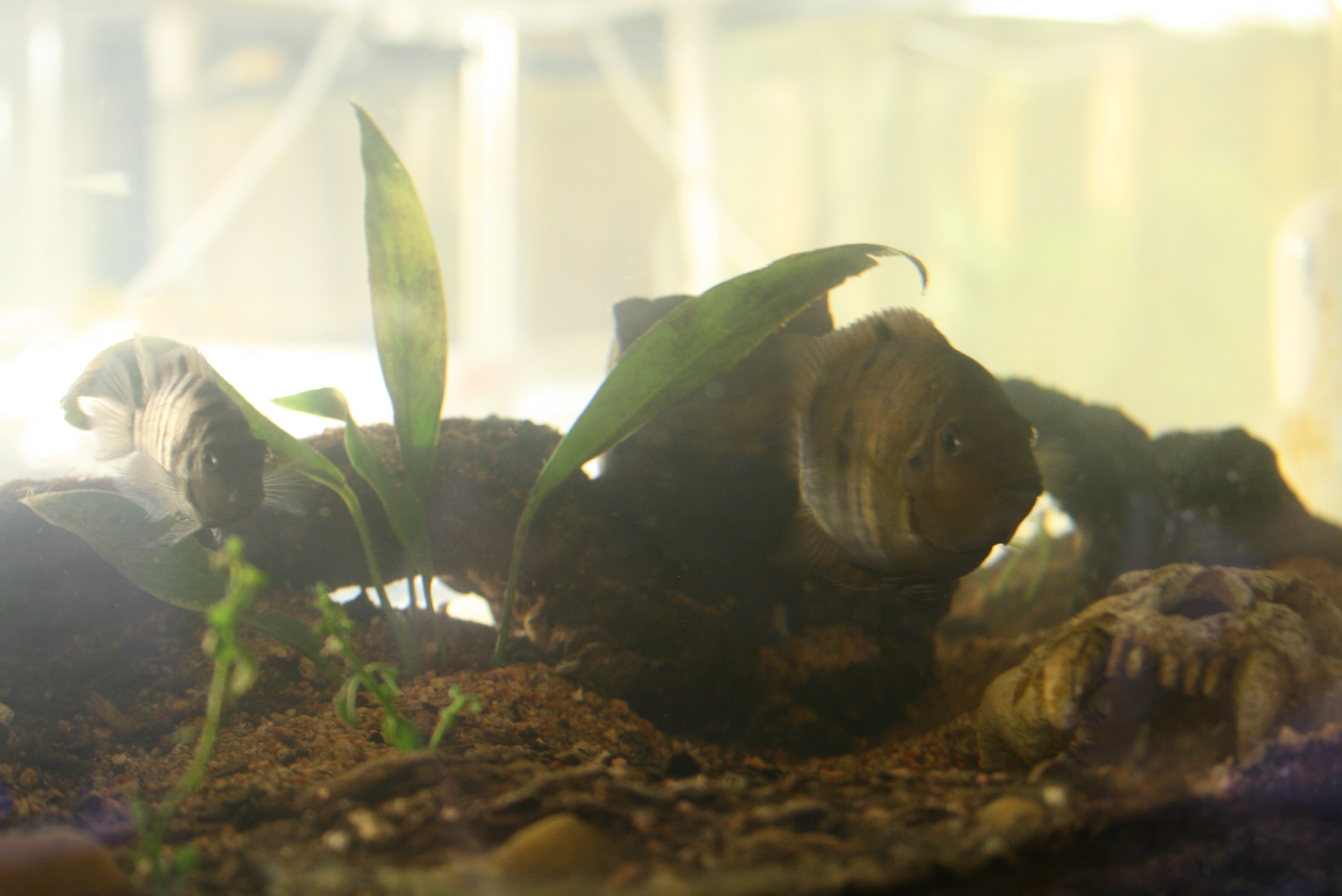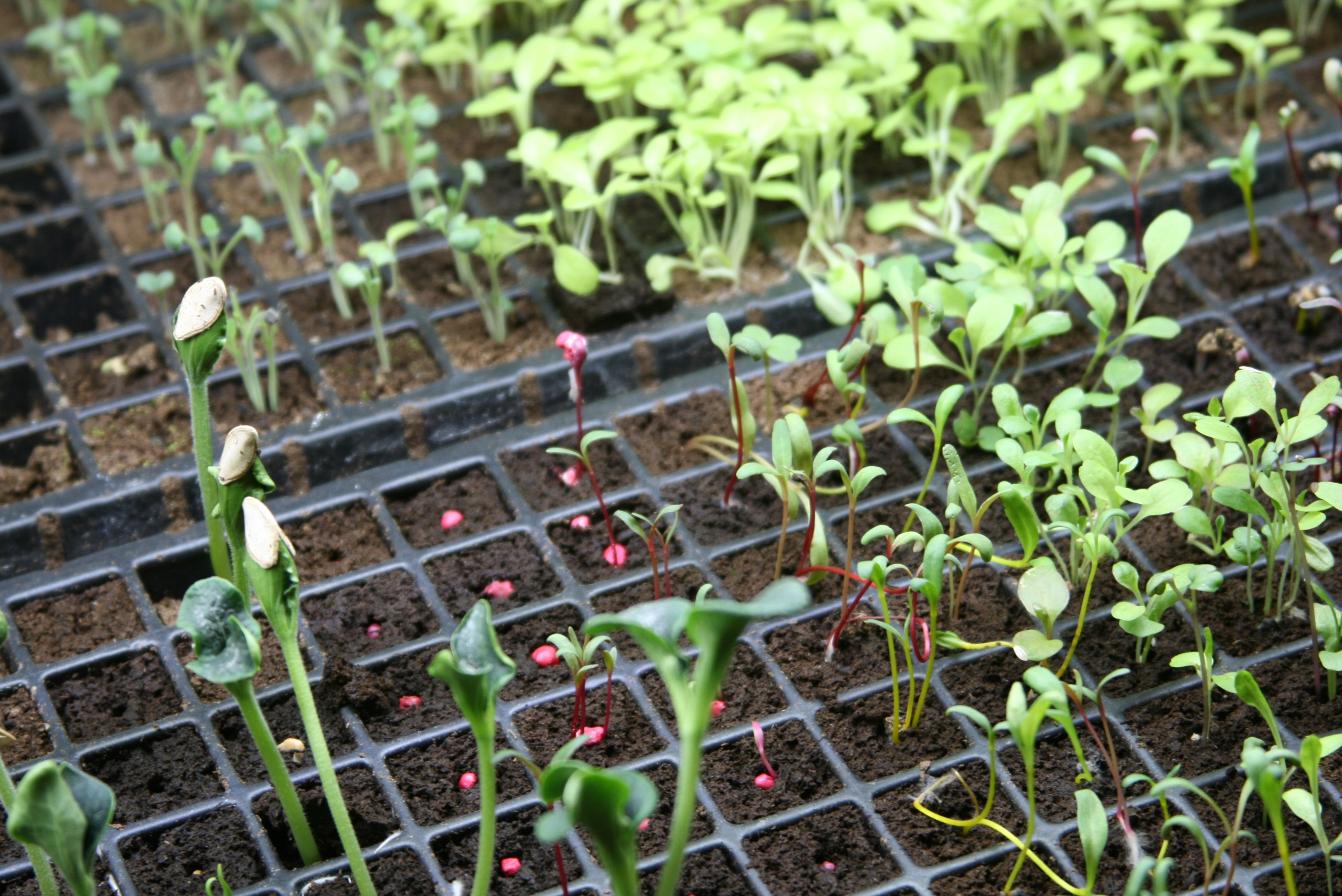Organizational HISTORY:
The I WILL Projects was founded by Alice Hill in 2012 and was recognized by the IRS as a 501c3 in 2014. She dedicates her work as a tribute to her late nephew, Will, and his struggles with mental illness that eventually took his life. We see so many people, especially those in our own community, who are suffering through poverty and experiencing unfulfilled lives. The I WILL Projects exists to help people overcome the barriers to health and happiness that often inhibit our ability to reach our greatest potential.
The small non-profit organization has been working to create various aquaponics demonstrations, among other interesting projects. For example, we are producing an original play, called The Eye of Survival, which conveys the story of healing for a lead-poisoned bald eagle, and increases awareness and support for our local Raptor Center and the role they play in giving back these animals’ freedom after injury or illness. As a non-profit, our primary focus is enhancing the community's quality of life and level of self-sufficiency, starting with empowering individuals through education.
Recognizing that critical thinking about water issues will be one of the most important problems we face in the future, we have created an inspiring space (The IFIZ Learning Lab) for people to see that plants need neither sunshine nor soil to thrive. At the Indoor-Farming Innovation Zone we are working to prepare youth to unlock their own potential for success in both college and urban farming jobs by introducing students of varying age groups to indoor agricultural technology through STEAM-based innovation and experimentation. We remain committed to the ideal that quality education can help people overcome socio-economic barriers. Our lessons are being developed so they can be implemented in various settings, because we want to spread this knowledge as quickly as possible, inspiring the next generation to realize they can produce their own natural foods locally, year-round.


